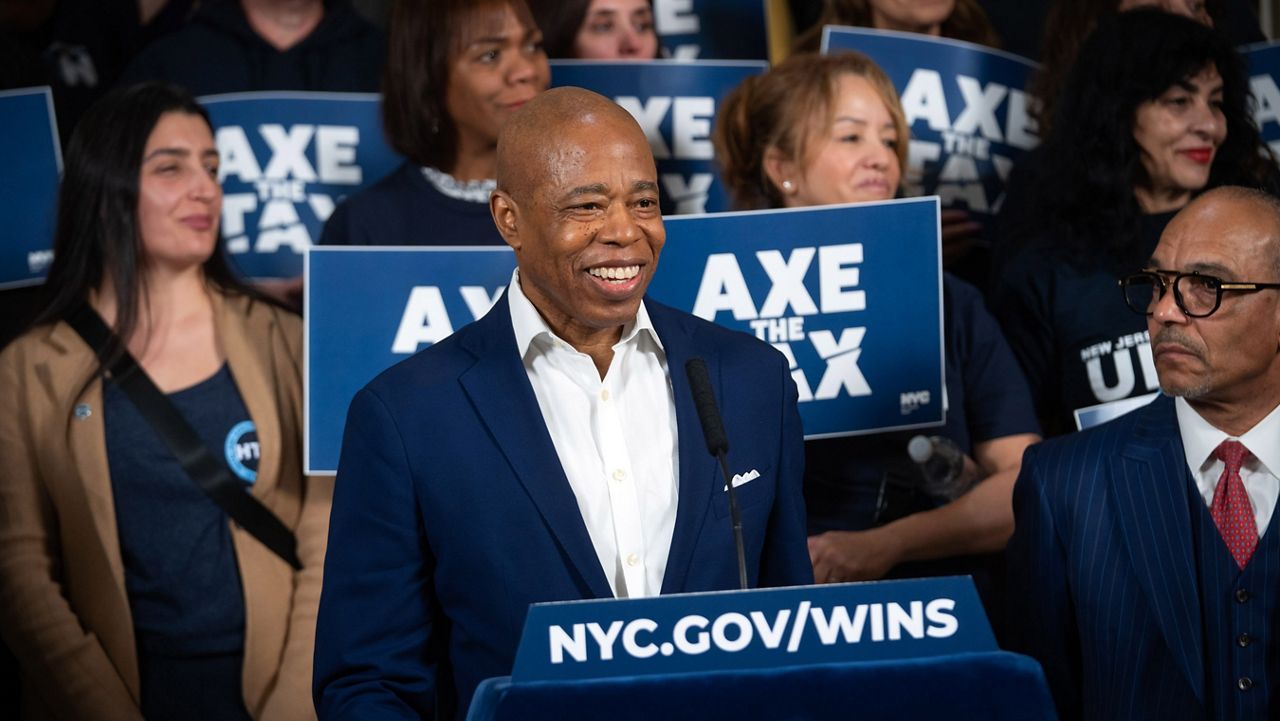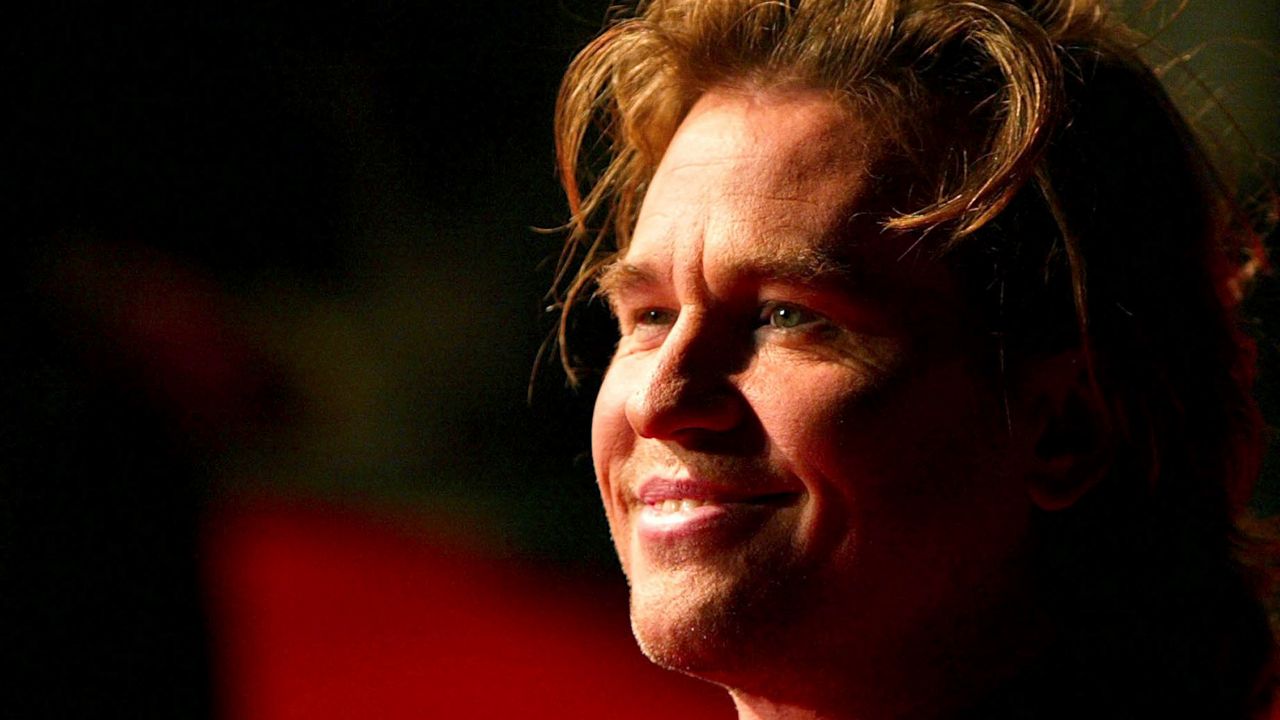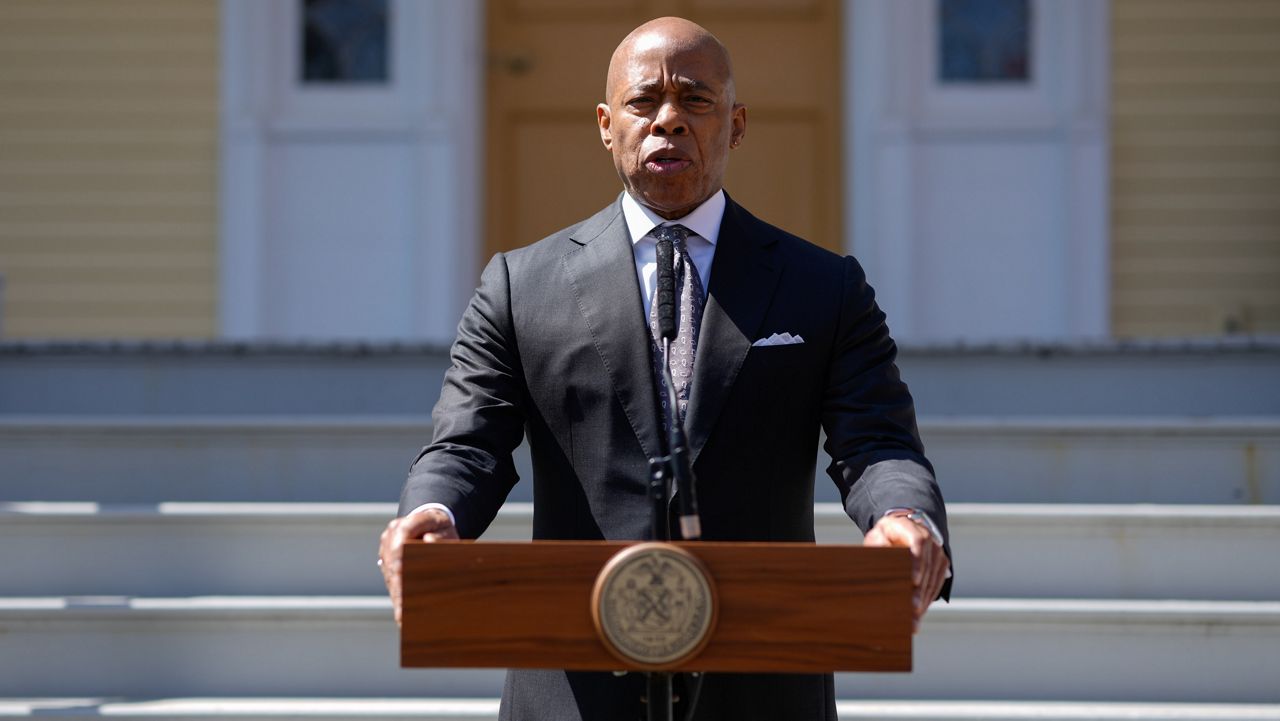Instead of enjoying her retirement alongside her husband, 67-year-old Diana Burdick spends a lot of her time and energy focused on her son Michael, who is homeless and struggles with mental illness.
Burdick, along with other mothers of people with mental illness, gathered outside the California State Capitol to advocate for the Community Assistance, Recovery and Empowerment Court, or CARE Court, a proposal by Gov. Gavin Newsom, which would create court-ordered treatment for homeless individuals with a serious mental illness.
“It’s the only hope I have. It’s the only tool I have right now except for that — as sick as this may sound — I like when he’s in jail. And why is that? It’s because I know he’s being fed. I know he’s being bathed. I know that I actually hear from him on a daily basis,” Burdick said.
CARE Court would give Burdick the ability to take a more active role in her son’s treatment. She says as a parent she feels stuck and helpless in getting her son the help he needs.
“You feel like you’re watching your son die. That’s what you feel. I feel like I’m cosigning his suicide. That the only rights I have is to claim his body at the morgue,” Burdick said.
Elizabeth Kaino Hopper, another mom advocating for CARE Court, became an advocate because of her 33-year-old daughter, who has battled mental illness since she was 19. Hopper details how her daughter’s mental illness affected the police response when she was experiencing a mental health episode.
“When the firemen and officers showed up — they determined that with the civil rights, there’s this gap between these two and they use that as a reason to not transport to treatment and at that point she became homeless and living on the streets,” Hopper said.
Hopper’s daughter is currently in jail, but if CARE Court had existed, Hopper believes her daughter could have received the treatment she needed and would live a much better life today.
CARE Court critics argue court-ordered treatment is not an effective way to help people. Eric Harris, the Director of Public Policy for Disability Rights California believes CARE Court is an attack on people’s civil rights.
“Autonomy and civil liberties do not exist in a system where there are consequences for not following a court order,” Harris said.
Harris also argued CARE Court would disproportionately target Black people and other people of color. According to the California Reparations Task Force Interim Report, Black men are more likely to be misdiagnosed with Schizophrenia and other mental health conditions targeted by CARE Court.
Burdick says CARE Court would be more of a benefit to civil rights than a hindrance.
“My son, he doesn’t even understand civil rights. He doesn’t understand,” Burdick said. “The civil rights, they’re already gone because his mind is diminished… So what’s civil rights? My civil rights are being taken away because I can’t help him.”
Newsom’s CARE Court legislation, SB 1338 is scheduled to be heard in the Assembly Appropriations Committee on Wednesday.
Let "Inside the Issues" know your thoughts and watch Monday through Friday at 8 and 11 p.m. on Spectrum News 1.










